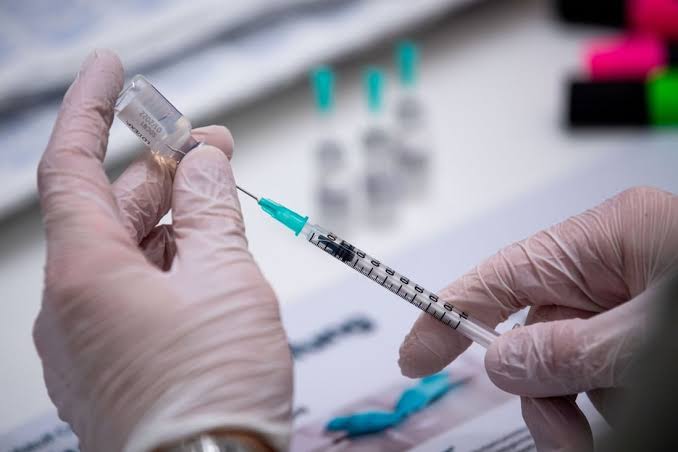Pfizer bivalent COVID shots link to stroke: U.S. health authorities

A safety monitoring system flagged that U.S. drugmaker Pfizer Inc (PFE.N) and German partner BioNTech’s updated COVID-19 shot could be linked to a type of brain stroke in older adults, according to preliminary data analyzed by U.S. health authorities.
The U.S. Centers for Disease Control and Prevention (CDC) and the Food and Drug Administration (FDA) said on Friday that a CDC vaccine database had uncovered a possible safety issue in which people 65 and older were more likely to have an ischemic stroke 21 days after receiving the Pfizer/BioNTech bivalent shot, compared with days 22-44.
An ischemic stroke, also known as brain ischemia, is caused by blockages in arteries that carry blood to the brain.
The FDA and CDC said that other large studies, the CDC’s Vaccine Adverse Event Reporting System, other countries’ databases and Pfizer-BioNTech’s databases had not flagged this safety issue, adding that it requires more investigation.
“Although the totality of the data currently suggests that it is very unlikely that the signal in VSD (Vaccine Safety Datalink) represents a true clinical risk, we believe it is important to share this information with the public,” the health authorities said.
Pfizer and BioNTech said in a statement that they have been made aware of limited reports of ischemic strokes in people 65 and older following vaccination with their updated shot.
“Neither Pfizer and BioNTech nor the CDC or FDA have observed similar findings across numerous other monitoring systems in the U.S. and globally and there is no evidence to conclude that ischemic stroke is associated with the use of the companies’ COVID-19 vaccines,” the companies added.
This safety concern has not been identified with Moderna’s (MRNA.O) bivalent shot and both the CDC and FDA continue to recommend that everyone aged 6 months and older stay up-to-date with their COVID-19 vaccination. (Reuters)




